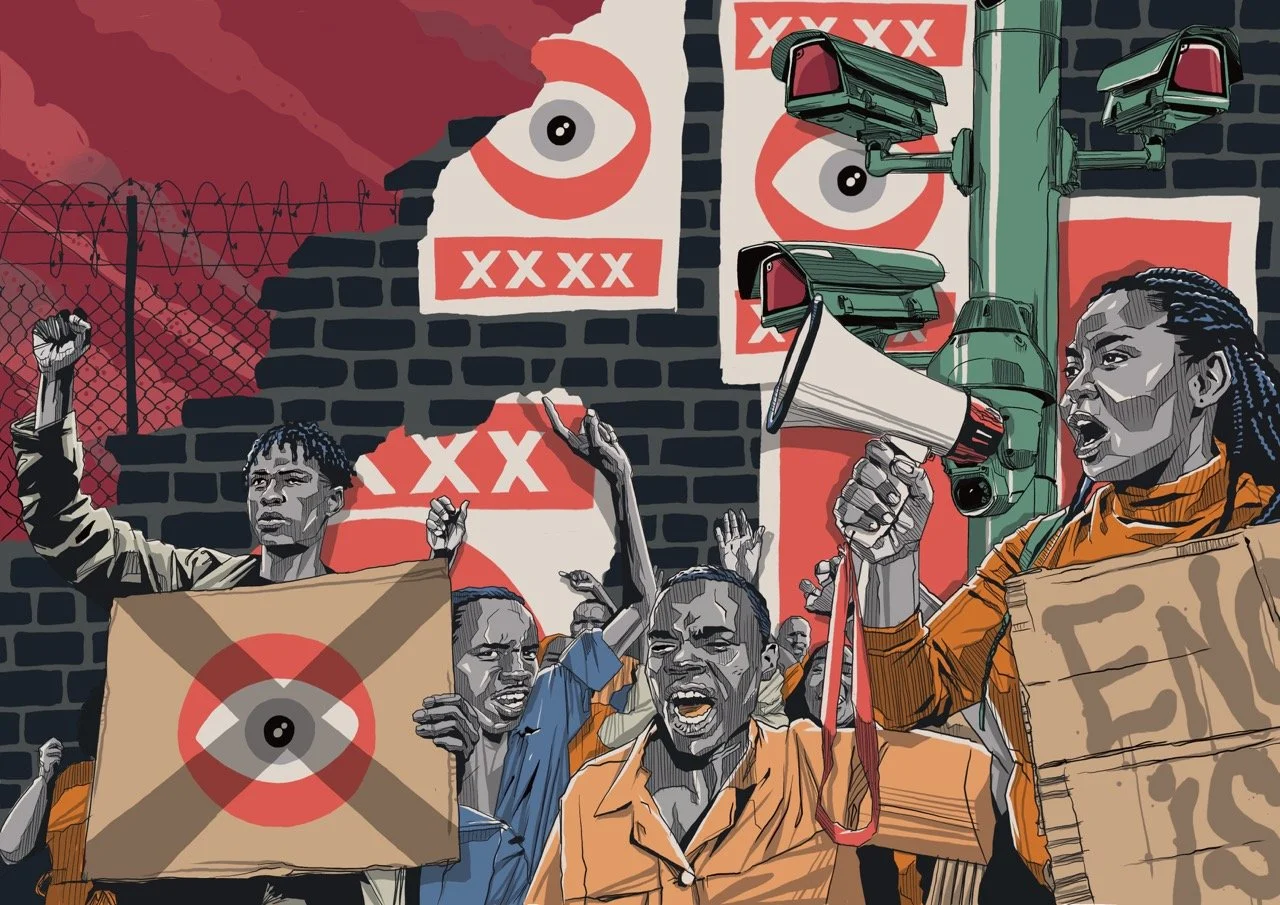The Spiritual Dangers of Personalist Autocracies
I recently read an article in The Economist about the return of autocratic strongmen in Africa. A majority of the world’s longest-serving leaders reside on that continent. The phrase “leaders for life” has become a tragic African motto.
Although most African constitutions include term limits for executive leaders, many rulers find ways to bypass those constraints. Since 2000, the majority of attempts by African leaders to evade term limits have succeeded. These power grabs produce decades-long regimes that embolden corruption and eliminate opposition or accountability. Many of these rulers consolidate power through populism, patronage, and rewards to loyal elites. No one can say they are poor politicians—they are experts at cultivating support and suppressing dissent through intimidation or imprisonment.
Kenyan scholar Ken Opalo observed that African strongmen “have done a good job of making themselves seem indispensable.” When leaders bypass term limits and undermine the rule of law, they lose any incentive to govern fairly or decently. Longer tenures are consistently associated with higher levels of corruption and narrower distributions of wealth. Researcher Christopher Blattman of the University of Chicago has found that the more personalist a ruler’s regime becomes, the worse its economic growth tends to be.
A personalist autocracy—such as Zaire under Mobutu Sese Seko or Iraq under Saddam Hussein—is a system in which power is concentrated in a single individual. This contrasts with institutionalized autocracies like China or Singapore, where authority rests in a political body, and with democracies, where power is shared with the citizenry. Interestingly, economic growth fares worst under personalist autocracies.
This reality led me to consider church polity. While America is a democracy, a common form of church government here often resembles an African strongman model more than a government of the people. Some of the largest churches in the United States are led by a single, charismatic pastor. Many view that pastor as the sole recipient of God’s divine vision for the church—concentrating power entirely in one man. Yet, applying Blattman’s insights, we might ask: Are we seeing a decline in spiritual maturity in churches that operate as personalist autocracies?
Throughout history, the Roman Catholic Church also centralized power by restricting access to Scripture. Authority was concentrated in the pope and his clerical intermediaries, while the people were left ignorant of God’s Word. The Reformers countered this by translating the Bible into the languages of ordinary people. Once believers could read the Word for themselves, many rejected papal authority.
When people read Scripture personally, they discovered that clergy are not a superior class of Christians. All believers are indwelt by the Holy Spirit and called to serve the Lord. Church leaders, therefore, exist not to rule over the people but to labor for their spiritual maturity (Colossians 1:28).
Unfortunately, when one examines the health of many American churches today, biblical illiteracy is rampant. Churches may appear thriving, but attendance numbers are not the measure of health—spiritual maturity is. When power is concentrated in one individual, the primary goal often shifts from expanding the maturity of others to protecting one’s own authority. Sermons are shaped to appeal broadly rather than deepen conviction. Topical, crowd-pleasing messages replace theological and biblical depth. The result is a spiritually shallow church.
Those who hold positions of influence in such environments are often selected for loyalty rather than character. They may not meet biblical qualifications, but they serve as a supportive inner circle. When the congregation lacks examples of holiness, the people’s spiritual maturity suffers—just as nations under autocracy stagnate.
The New Testament presents a different model. Power resides among the saints, not in a solitary pastor. In Acts 6, the Jerusalem church selected men to serve widows. In 1 Corinthians 5, Paul rebuked the church, not merely its leaders, for failing to discipline a man in sin. When leaders recognize that believers share responsibility for the church’s governance, the people’s spiritual maturity becomes the priority.
Many dismiss church polity as a philosophical rather than doctrinal matter. Yet if we take seriously passages such as Matthew 16, Matthew 18, and 1 Corinthians 5, which grant authority to the congregation, then the spiritual growth of the people must remain central. Elders and deacons are to model Christlike character so that the congregation learns to govern well.
This principle mirrors the heart of democracy itself. Leaders must embody civility so that citizens may rule with wisdom and grace. An ignorant citizen is a powerless one; likewise, a biblically illiterate believer is ineffective for the kingdom. When congregations are pressed toward maturity and equipped to minister, the entire body grows stronger.
Democracy is not easy. Authoritarian systems are more efficient—fewer people involved means quicker decisions. Yet shared ownership produces strength. When more believers understand that their spiritual maturity contributes to the health of the whole body, the church flourishes.
Too often, congregations depend on a single pastor to secure their blessing or growth. Over time, both pastor and people begin to believe he is indispensable. When that happens, the church is set up for failure. Like African nations led by entrenched presidents, the pastor thrives while the people starve.

